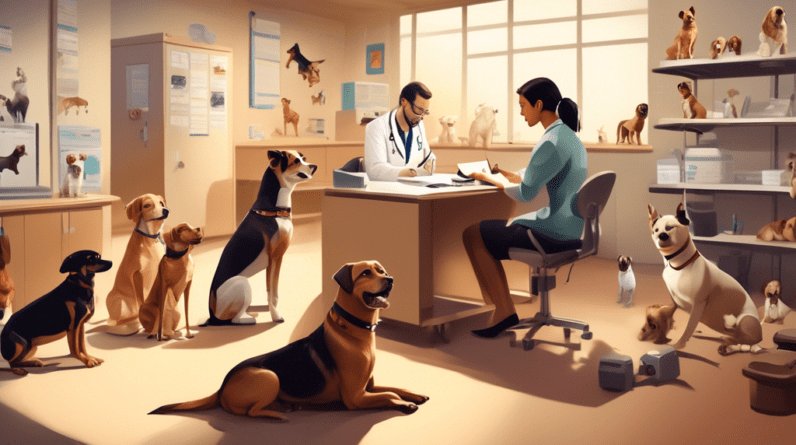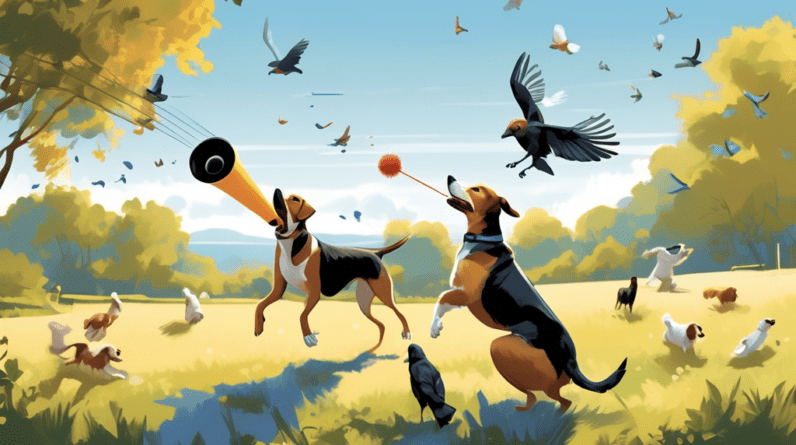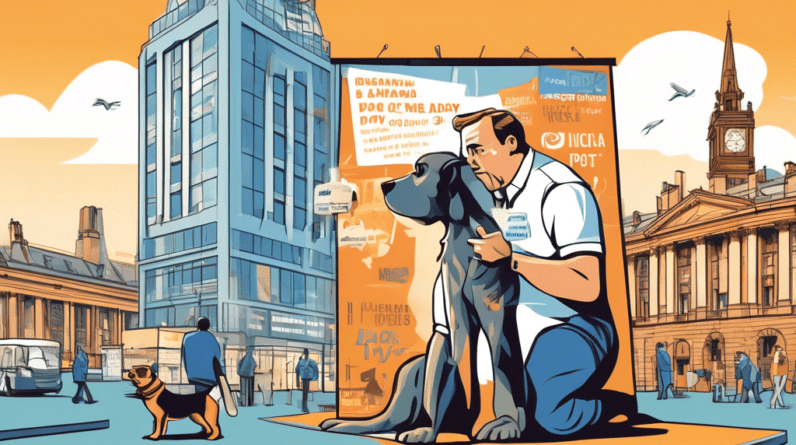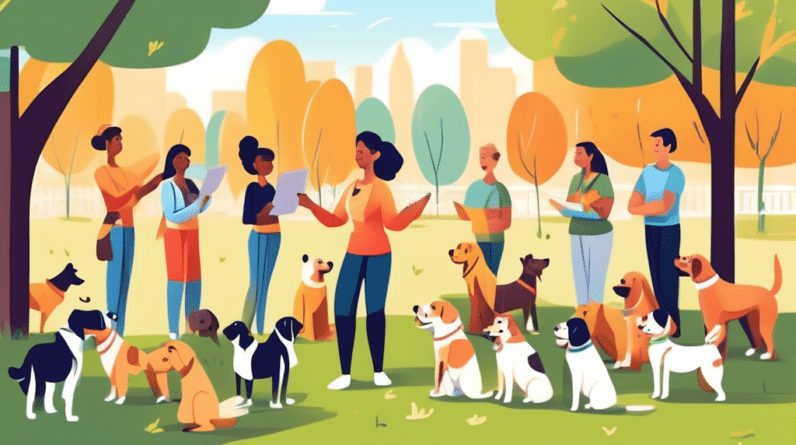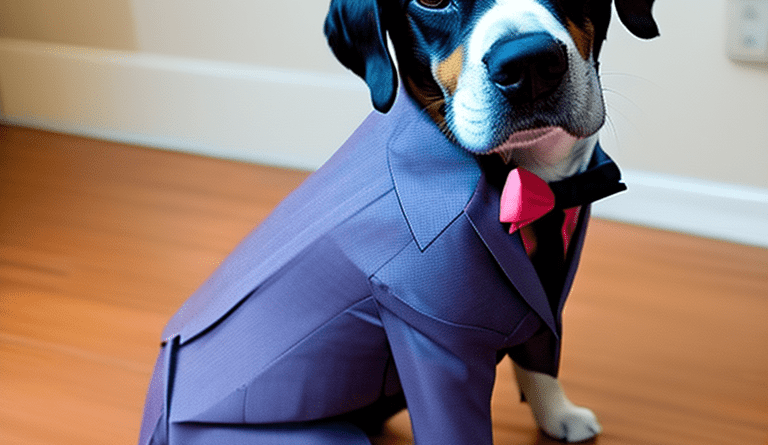
According to a study conducted by the American Veterinary Medical Association, approximately 40% of dogs have some form of hearing loss, and it’s estimated that noise pollution plays a significant role in this number. Noise pollution, defined as any sound that is excessive or unpleasant and disrupts the natural balance of an area, affects dogs in many ways. In this article, we will explore the anatomy of a dog’s ear, how different types of noise pollution affect their hearing, and ways to prevent hearing loss and other hearing-related issues.
The Anatomy of a Dog’s Ear
Dogs have a unique and complex ear structure, which enables them to detect sounds at a higher frequency compared to humans. The external ear canal, tympanic membrane (eardrum), and middle ear (ossicles) are responsible for conducting sound waves to the inner ear, where the cochlea and auditory nerve are located. This process allows dogs to hear a range of sounds from 67 Hz to 45 kHz, while humans can only hear sounds between 20 Hz to 20 kHz.
Types of Noise Pollution That Affect Dogs
Loud music, fireworks, and construction sites are just a few types of noise pollution that can adversely affect dogs’ hearing. Dogs may also be exposed to excessive noise levels through everyday objects such as home appliances and constant exposure to human voices. Car horns, traffic noises, and even live concerts can also stress out dogs and cause long-term hearing damage.
How Noise Pollution Affects Dogs
Exposure to noise pollution can cause hearing loss and tinnitus in dogs. Repeated exposure to loud noises can also increase stress levels in dogs and lead to behavioral changes, including fear of certain noises. Additionally, some dogs may become more aggressive or experience panic attacks due to excessive noise pollution, making it essential to recognize the symptoms of noise-related issues and provide them with proper care and treatment.
Prevention and Treatment
It’s essential to take preventative measures to reduce noise pollution exposure for dogs, especially during high-intensity events such as fireworks or thunderstorms. Providing comfort and safety measures, such as blankets or soundproofed rooms, can reduce dogs’ stress levels and prevent possible hearing-related issues. Behavioral therapy and medication options for dogs who experience noise-related issues can be effective in preventing further damage. Regular check-ups and early detection of hearing loss can also help dogs receive timely medical treatment.
The Future of Noise Pollution and Dogs’ Hearing
As awareness grows about the impact of noise pollution on dogs’ hearing, there’s a possibility of regulations being put in place to prevent excessive noise pollution. Advancements in hearing aid and assistive technology for dogs may also provide new solutions for preventing hearing loss and improving dogs’ quality of life. It’s essential to consider dogs when designing soundscapes for public spaces and to promote awareness and education about noise pollution’s impact on dogs’ hearing.
Noise pollution can significantly impact dogs’ hearing, resulting in hearing loss, tinnitus, increased stress levels, behavioral changes, and potential aggressive behavior or panic attacks. It’s crucial to take preventative measures, including providing comfort during high-noise events, which can reduce stress levels and prevent possible hearing-related issues. By understanding the impact of noise pollution on dogs’ hearing and providing proper treatment, we can improve their quality of life and keep them healthy and happy for years to come.

Frequently Asked Questions
What is the impact of noise pollution on dogs’ hearing?
Dogs are sensitive to sound and prolonged exposure to loud noises can cause permanent hearing damage. Noise pollution can also lead to stress, anxiety, and other health issues in dogs.
What are some signs that my dog’s hearing has been affected by noise pollution?
Some signs that your dog’s hearing has been affected by noise pollution include: not responding to verbal commands, excessive barking, shaking of the head, or being easily startled. If you notice any of these signs, take your dog to a veterinarian for a hearing test.

